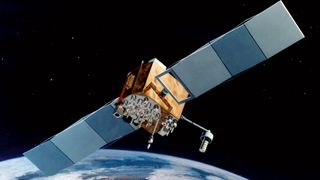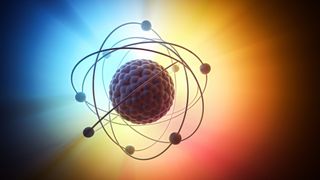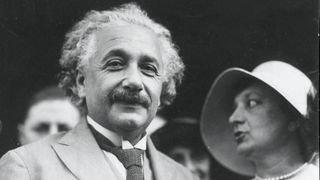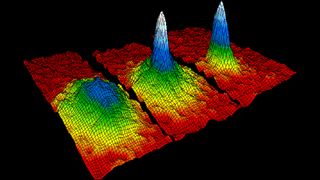Physics & mathematics
Explore Physics & Mathematics
Editor's Picks
Latest about Physics & Mathematics

Scientists are one step closer to knowing the mass of ghostly neutrinos — possibly paving the way to new physics
By Ben Turner published
By precisely measuring the mass of neutrinos — ghostly particles that stream through your body by the billions each second — physicists could find some glaring holes in the Standard Model of particle physics. A new experiment has taken them one step closer.
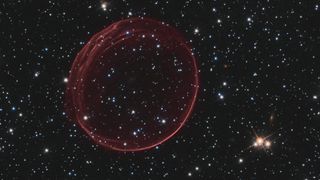
The universe may be dominated by particles that break causality and move faster than light, new paper suggests
By Paul Sutter published
With the nature of the universe's two most elusive components up for debate, physicists have proposed a radical idea: Invisible particles called tachyons, which break causality and move faster than light, may dominate the cosmos.
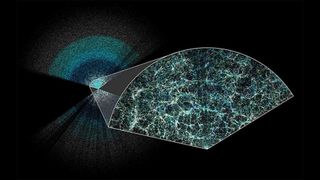
Largest 3D map of our universe could 'turn cosmology upside down'
By Sharmila Kuthunur published
Scientists using the Dark Energy Spectroscopic Instrument have unveiled the largest 3D map of the universe ever. The results suggest that dark energy, the mysterious force pulling the universe apart, may be weakening, challenging prevailing theories of cosmology.

Avi Wigderson wins $1 million Turing Award for using randomness to change computer science
By Ben Turner published
The 2023 Turing Award has been given to Avi Wigderson . The mathematician found that adding randomness into algorithms made them better at solving nondeterministic problems.
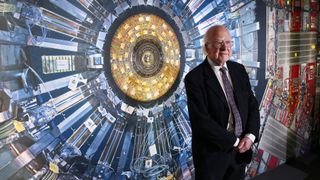
Peter Higgs, Nobel Prize-winning physicist who predicted the Higgs boson, dies at 94
By Stephanie Pappas published
Celebrated theoretical physicist Peter Higgs, best known for predicting the existence of the Higgs boson, has died at the age of 94 after a short illness.
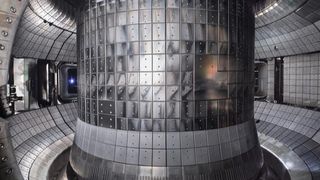
Nuclear fusion reactor in South Korea runs at 100 million degrees C for a record-breaking 48 seconds
By Ben Turner published
The experimental fusion reactor sustained temperatures of 180 million degrees Fahrenheit for a record-breaking 48 seconds.
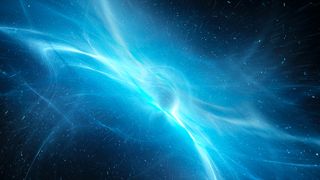
Scientists made the coldest large molecule on record — and it has a super strange chemical bond
By Victoria Atkinson published
A four-atom molecule has broken the record for coldest large molecule.
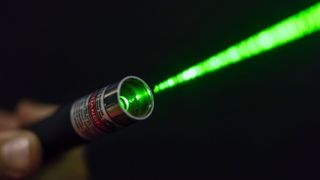
How do lasers work?
By Joanna Thompson published
First predicted by Einstein more than a century ago, lasers have shaped our modern technological landscape. But how do they work?
Sign up for the Live Science daily newsletter now
Get the world’s most fascinating discoveries delivered straight to your inbox.
